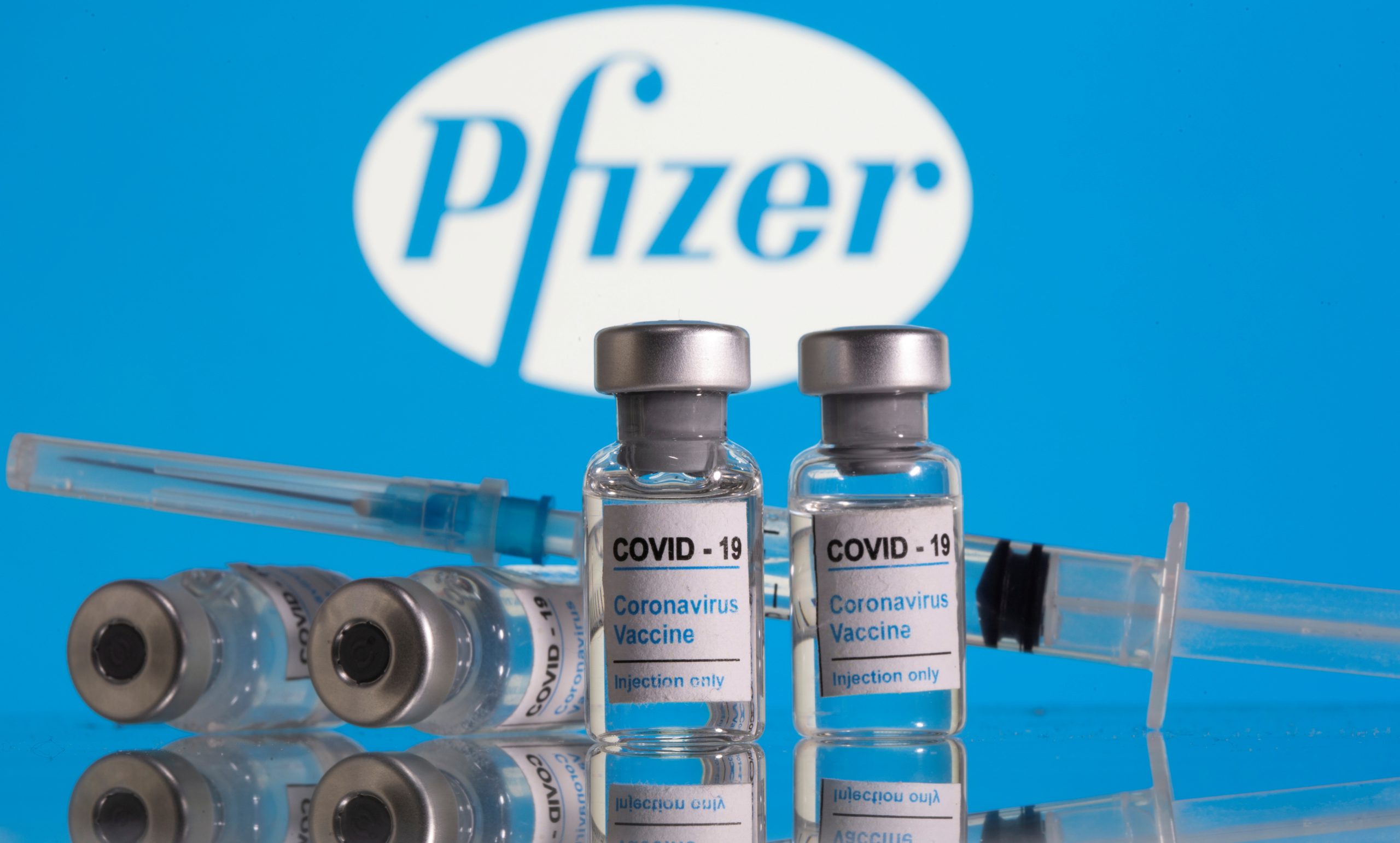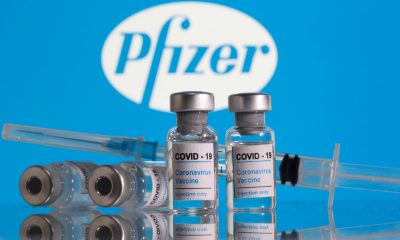Covid-19
How Pfizer hid nearly 80% of COVID vaccine trial deaths from regulators
Published
6 months agoon

Pfizer-BioNTech delayed reporting vaccine-associated deaths among BNT162b2 clinical trial participants until after the U.S. Food and Drug Administration (FDA) issued an Emergency Use Authorization (EUA) for the product.
The vaccine makers also failed to account for a large number of subjects who dropped out of the trial.
Together, these strategies kept regulators and the public ignorant of a 3.7-fold increase in cardiac deaths among subjects who received the vaccine, according to analysis in the International Journal of Vaccine Theory, Practice, and Research.
The authors of the paper described it as a “forensic analysis,” defined by the U.S. National Institute for Standards and Technology as “the use of scientific methods or expertise to investigate crimes or examine evidence that might be presented in a court of law.”
Corinne Michels, Ph.D., retired distinguished professor of biology at Queens College, New York, led the DailyClout Pfizer/BioNTech Documents Investigations Team on what the authors claim was the first independent examination of original data from the Pfizer-BioNTech COVID-19 mRNA vaccine (BNT162b2) clinical trial.
READ ALSO: Filmmaker using camera to tell stories of COVID-19 protocol victims
Investigators looked at each of the 38 deaths occurring between July 27, 2020, the start of phase 2/3 of the Pfizer-BioNTech vaccine trial, and March 13, 2020, the end date culminating in Pfizer-BioNTech’s 6-month interim report.
This trial phase involved 44,060 subjects. Half received a dose of BNT162b2, half got a placebo consisting of an inactive sterile salt solution.
The trial was unusual because at week 20 after the FDA issued the EUA for the vaccine, trial subjects in the placebo group were allowed to switch to the vaccinated group and receive their first BNT162b2 shot.
Switching from the placebo to the vaccinated group — or “unbinding” — normally occurs when the benefit of the drug is so great that not treating subjects becomes unethical. For example, investigators might consider unblinding a cancer trial if at some point all untreated patients deteriorated or died but all treated patients improved.
Unblinding conditions may be specified in the study design, but they usually involve input or review from medical ethicists.
Of 20,794 unblinded placebo subjects in the Pfizer trial, 19,685 received at least one dose of BNT162b2.
Normally the decision to unblind a vaccine trial would be based on the product’s safety and effectiveness in reaching certain endpoints or objectives. Endpoints for a drug to prevent viral infections might be a positive test or self-reported COVID-19 illness (the “case” numbers that drove much of COVID-19 policy), illness requiring hospitalization or death.
READ ALSO: How CDC, others colluded to conceal side effects of COVID-vaccines—report
But, perhaps unexpectedly, after 33 weeks the data revealed no significant difference between deaths in the vaccinated and placebo groups for the initial 20-week placebo-controlled portion of the trial.
After week 20, after most former placebo subjects had received the vaccine, deaths among those in the vaccine group continued unabated.
The authors revealed “inconsistencies” between data presented in Pfizer-BioNTech’s 6-month interim report and subsequent publications by Pfizer-BioNTech trial site administrators:
“Most importantly, we found evidence of an over 3.7-fold increase in the number of deaths due to cardiac events in the BNT162b2 vaccinated individuals compared to those who received only the placebo.”
This means that 79% of relevant deaths were not recorded in time to be included in Pfizer’s regulatory paperwork.
For one, they were able to hide behind the 2005 Public Readiness and Emergency Preparedness (PREP) Act, which provided an almost impenetrable liability shield for vaccine manufacturers for “medical countermeasures” in response to any “public health emergency.”
Second, because COVID-19 was viewed as a national health emergency, regulators abandoned the established, patient-centered, safety-based approval process requiring years of preclinical animal testing — and Pfizer-BioNTech unsurprisingly went along.
You may like


British legislator demands Bill Gates, other ‘COVID Cabal’ faces death penalty


Researchers identify ‘improbably high rate of deaths’ in newborns who received new RSV shot


Adjuvants in COVID vaccines may lead to serious respiratory disease –experts


Surgeon General calls for halt in use of COVID mRNA Vaccines


COVID vaccine may cause long-term heart damage, study reveals


How Pfizer, Moderna control COVID-19 vaccine narratives, influence health policy
Trending

 Health & Fitness5 days ago
Health & Fitness5 days agoMalaria Vaccines in Africa: Pastor Chris Oyakhilome and the BBC Attack

 Aviation1 week ago
Aviation1 week agoWhy some airlines are avoiding Nigeria’s airspace–NAMA

 Aviation6 days ago
Aviation6 days agoJust in: Dana airline crash lands in Lagos

 Aviation6 days ago
Aviation6 days agoNSIB begins investigation into Dana Air after crash-landing incident

 Aviation6 days ago
Aviation6 days agoJust In: Dana Air plane crash-lands in Lagos

 Aviation5 days ago
Aviation5 days agoJust in: FG suspends all Dana Air operations

 Featured3 days ago
Featured3 days agoGov, Abiodun appoints Chess master, Onakoya sports ambassador

 Crime3 days ago
Crime3 days agoVandalism: Osun water corporation appeals to residents

